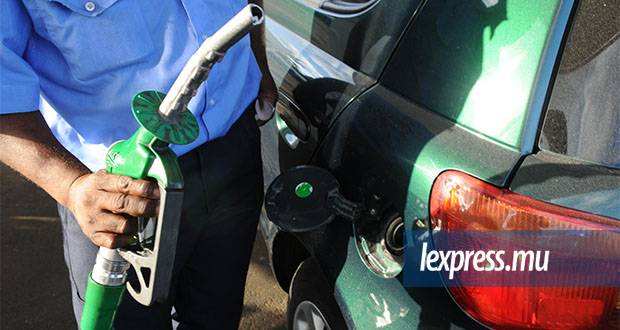Publicité
Life without HSC

“People who have learnt on the job are much more work-ready and able to hit the ground running than those who have merely sat exams.”
Good decisions, when communicated badly, can turn into a crisis. That could be said of the government’s decision to do away with SC and HSC as requirements for applicants for the civil service who possess higher qualifications. The confusion which this decision has created has led to a lot of worry, particularly among some teachers’ unions, which, as we speak, are debating its implications.
First, let’s get rid of the fallacy that this decision is revolutionary. When it comes to education, we are still trailing behind and are just beginning to deal with our dewy-eyed nostalgia for the blackboard, chalk and rigid exams. So, the decision not to put too much emphasis on earlier formal academic qualificationsdid not come a minute too soon. Many employers have already understood that people who have learnt on the job are much more work-ready and able to hit the ground running than those who have merely sat
exams. And universities the world over, particularly in Australia, have for years been catering to those who, for one reason or another – mostly financial – had to hit the job market before they acquired their
basic secondary school qualifications. A plethora of foundation courses is offered by universities and institutes of higher education based on recognition of prior learning and vocational training. The options open to those deserving a second chance and willing to take it are vast.
In addition to producing graduates who are more ready for the job market, this system is also fairer. Research in the UK has shown that out of every 10 students who get secondary school qualifications and go to university, only one comes from a poor family. I would be very surprised if the situation was anyfairer here. And that is not because kids from poorer backgrounds are any less talented. So, opening more jobs to them in the civil service is showing that we are beginning to understand the issues.
We have, for far too long, undervalued the alternatives to HSC and these are countless. In fact, in Is There Life Without A-levels, Tony Higgins, Chief Executive of UCAS, gives the example of a student who, through a Higher National Diploma, managed to fulfil her lifelong dream of becoming a dentist. He concludes that “vocational qualifications are no less valuable. Indeed, performance at A-level is a notoriously bad predictor of performance at degree level.” And we can no longer live on an island. For each Mauritian child who graduates, there are dozens of European, Chinese and Indian graduates jostling for work in the same global marketplace.
I could go further and delve into details about schools like the fee-paying Acorn School, where the pupil comes out without any formal qualification whatsoever. In fact, public examinations are not recognised there and students present a sample of their work to admission tutors instead of accruing qualifications as proof of academic ability. But that is too futuristic for us. Many employers in the private sector today no longer recognise the idea of a binary divide in the career prospects of graduates with HSC and those without. There is no reason why the civil service should. Having said that, we are not the UK nor are we used to the kind of transparency they are used to. So, as universities are spewing out millions of graduates every year having so many different levels and admission criteria, we have to insist that the qualifications given to our students through foundation courses and prior learning are worth more than the paper they are written on. But that is a debate for another day.
Source : Weekly (weekly@lasentinelle.mu)
Publicité
Les plus récents






